
Choosing a Reliable Lightweight Backpack Manufacturer in China?
Share on facebook Share o
You’ve probably noticed the evolution of backpacks over the years. Remember when a backpack simply meant something to carry your books in? Fast forward to today, and it’s not just about carrying items – it’s about staying connected.
Smart backpacks, laden with tech integrations, are becoming the norm for many tech-savvy individuals. They represent a fusion of technology and fashion, offering functionalities that traditional backpacks don’t.
But what sets them apart? Let’s dive in.
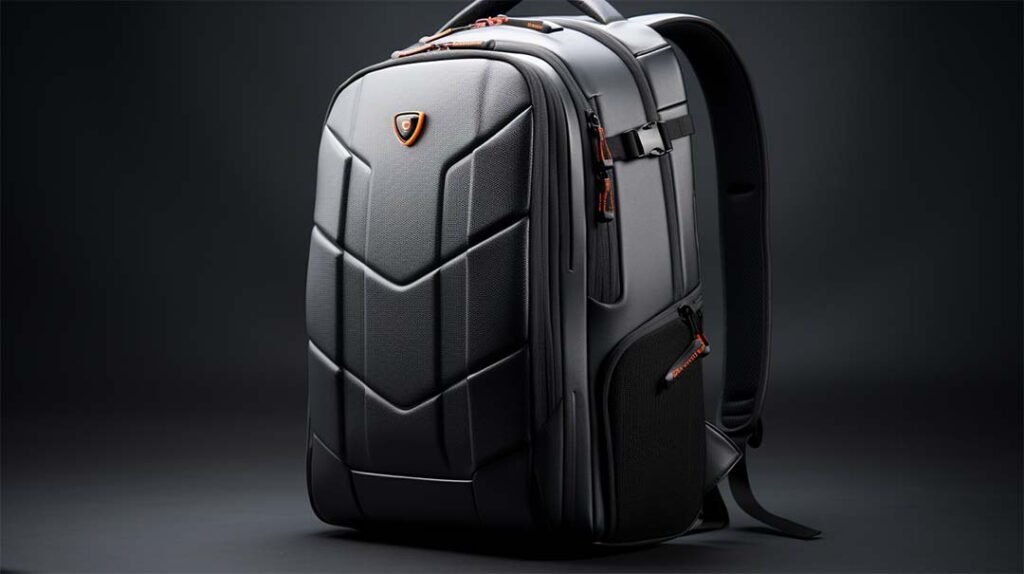
The backpack’s journey mirrors our own transformation as a society.
Initially designed as a practical solution for soldiers and hikers, backpacks have continually adapted to our ever-changing needs.
Today’s versions are far from simple, often doubling as high-tech hubs that keep us connected wherever we go.
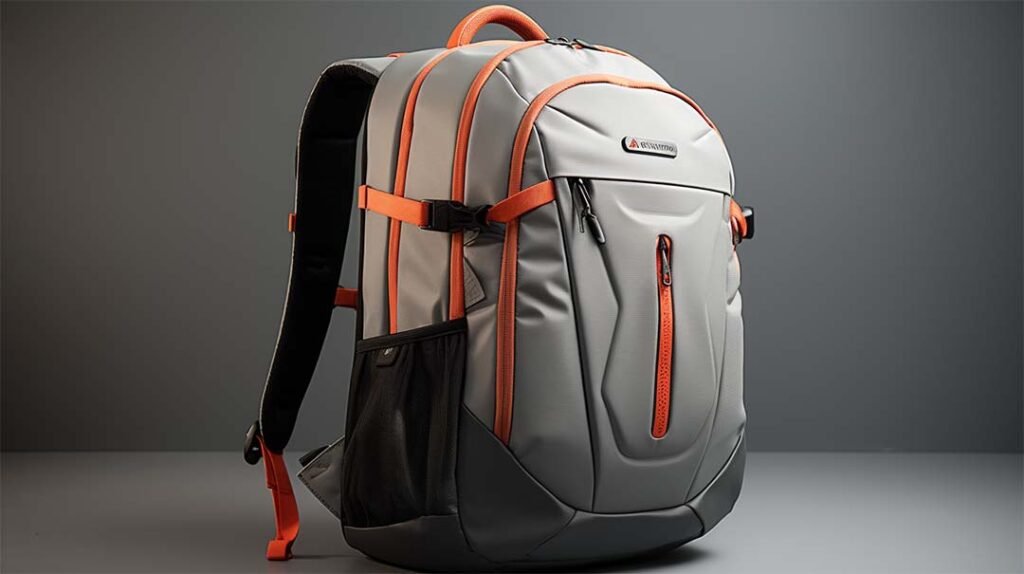
Ever had your phone die in the middle of a journey? Smart backpacks often come with built-in power banks and USB ports, ensuring your devices are always juiced up.
Some smart backpacks go beyond just charging; they’re entertainment hubs. With built-in speakers and designated earphone holes, they ensure you’re always in tune with your favorite tracks.
Safety is paramount. Modern smart backpacks often feature GPS tracking and anti-theft mechanisms, making them perfect companions for city life or international travel.
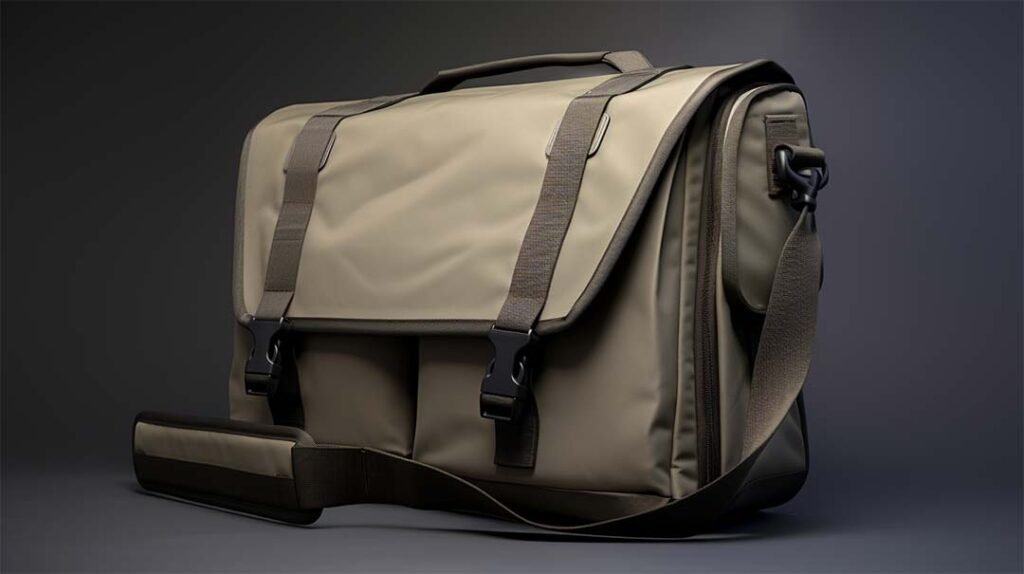
While tech has its appeal, traditional backpacks remain widely popular.
Their straightforward design, without the bells and whistles of smart backpacks, provides a straightforward function: to carry things.
There’s a certain timeless elegance and simplicity that keeps them in demand.
Traditional backpacks focus on durability, space, and comfort.
Without the need to accommodate tech integrations, these backpacks often provide more space and can be more durable due to fewer breakable components.
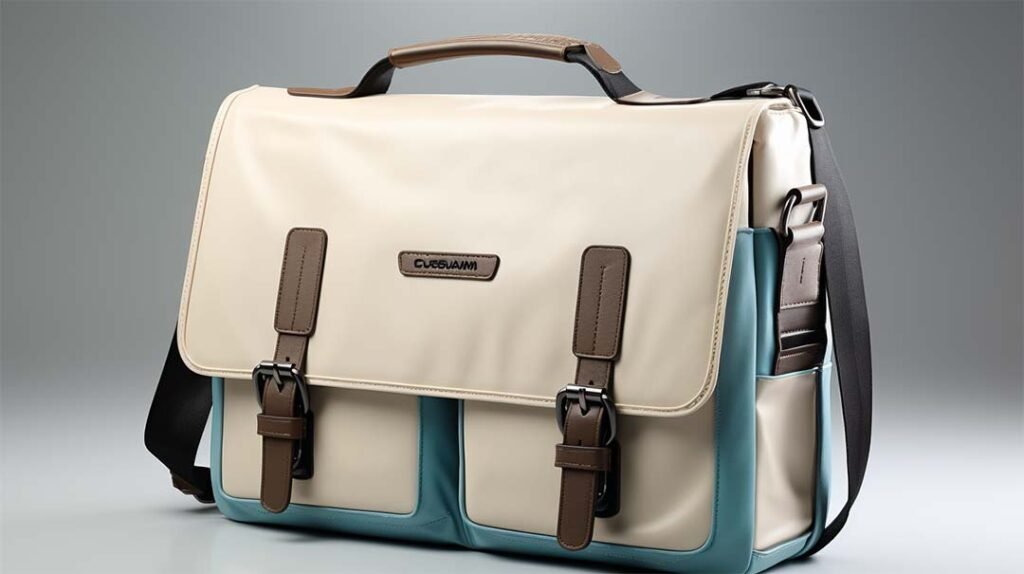
While smart backpacks offer multifunctional features catering to the tech-savvy, they might be overkill for someone looking for a basic bag.
Traditional backpacks, on the other hand, offer durability and simplicity but lack modern tech integrations.
Smart backpacks can be pricier due to their tech components. Moreover, with more tech, there’s more that can go wrong.
Traditional backpacks, being simpler, often come at a lower cost and can sometimes last longer.
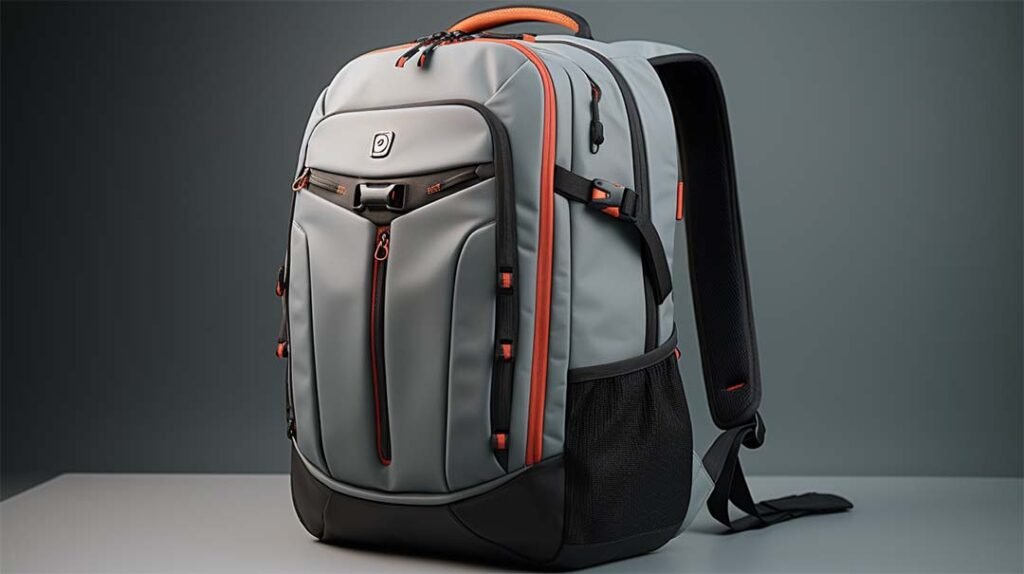
Whether you’re a tech enthusiast or a minimalist, there’s a backpack out there for you.
Smart backpacks, with their tech integrations, cater to the digital age, while traditional backpacks serve those who value simplicity and time-tested design.
In the end, it all boils down to personal preferences and needs.
Yes, most smart backpacks come with USB charging ports that can be connected to any power source.
Generally, yes. Without the tech components, they're often simpler to produce and recycle.
Not necessarily. While some feature multiple compartments for devices, others may sacrifice space for tech integrations.
It's essential to check the manufacturer's instructions. Generally, direct washing might harm the tech components.
Traditional backpacks are often recommended for hiking due to their durability and focus on carrying essentials, though some smart backpacks are designed with outdoor activities in mind.
Every backpack tells a story of our needs, preferences, and the era we live in. Whether you lean towards the tech-savvy smart backpack or the evergreen traditional design, each serves a unique purpose, shaping our journeys in its own special way.

Share on facebook Share o


kjoutdoor.com
Typically replies within minutes
How Can We Assist You Today?
WhatsApp Us
🟢 Online | Privacy policy
WhatsApp us
Leave your contact information and you will receive a free quote for your new product!